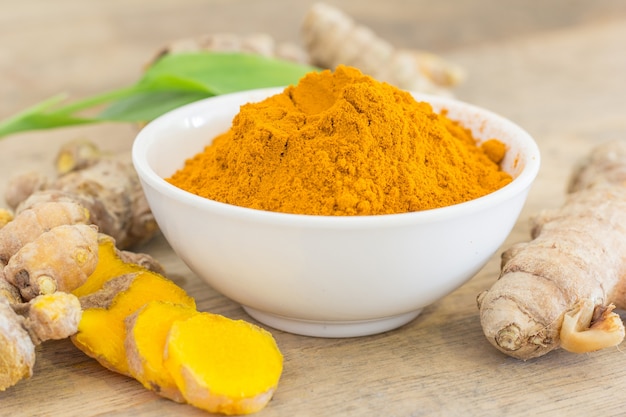The Potent Antioxidant Activity of Curcumin
Oxidative stress happens when there’s an imbalance between the production of harmful free radicals and the body’s ability to counteract them. Antioxidants help restore this balance and support your body’s natural healing processes in repairing damage.
Turmeric is packed with antioxidant compounds, with curcumin being the most powerful. Research indicates that curcumin’s antioxidant activity is ten times more effective than resveratrol, the antioxidant found in red wine. This compound scavenges free radicals and protects DNA from oxidative damage. Interestingly, curcumin not only acts as a strong antioxidant but also enhances the effectiveness of other antioxidants.
Promotes Cardiovascular Health
The antioxidant properties of turmeric have a direct impact on cardiovascular health. Curcumin helps reduce the toxic effects of aggressive medical therapies, particularly those affecting the heart. Studies have shown that curcumin supports normal heart size and function.
Helps Maintain Liver Health
For centuries, traditional Hindu medicine has used turmeric to support liver health. Modern studies now confirm that curcumin helps protect the liver from toxins and promotes normal liver function. Some research even suggests that it can be beneficial for individuals with fatty liver disease.
Resists Harmful Organisms
Research has found that curcumin is effective against many types of harmful organisms, especially fungi. Turmeric extracts have been observed to inhibit the growth of harmful organisms that specifically target the digestive system.
Other Health Benefits
Besides being a powerful antioxidant and defender against harmful organisms, turmeric is a true superfood offering a range of benefits.
Soothes Irritation
Curcumin has soothing properties and is one of the most effective ways to support the body’s response to inflammation. Multiple studies have shown that daily ingestion of turmeric reduces tenderness, swelling, and stiffness.
Cancer
Scientists have explored turmeric’s relationship with several types of cancers, including prostate, breast, skin, and colon cancer, and report that it offers impressive nutritional benefits.
Wound Healing
Curcumin encourages wound repair and normal skin cell production. This effect is observed whether curcumin is taken orally or applied directly to the wound.
Gastrointestinal Health
Turmeric is excellent for supporting digestive health, including normal gallbladder function and bile flow. Research shows that turmeric supports the health of stomach cells.
Bioavailability of Curcumin
While curcumin may seem like a miracle nutrient, it has one weakness — bioavailability. When consumed alone, our bodies absorb only a small amount of it. To address this, much attention has been given to improving its bioavailability.
One interesting solution is nanocurcumin, a specialized form of curcumin where tiny particles are suspended in a special emulsion, potentially making them easier to absorb. A simpler way to increase curcumin’s bioavailability is to combine it with black pepper. Black pepper contains an alkaloid called piperine, which can increase the bioavailability of curcumin by up to 2000 percent!
Tips for Growing Turmeric
Growing turmeric is easy, but it takes about a year to harvest. Unless you live in a tropical climate, you’ll need to grow it indoors. Turmeric doesn’t propagate by seeds. Instead, look for fresh turmeric root at a local nursery (non-organic grocery store varieties may be treated with growth-inhibiting chemicals) and plant a cutting.
A large root will likely have several nodes attached to it. Cut them apart — each one will start a new plant. Give each its own container or plant them 12 to 16 inches apart in your garden, burying each under two inches of loose soil. Turmeric prefers well-drained soil and full sun. You should see sprouts three to six weeks after planting. Your turmeric root should be ready for harvest after eight to ten months. Start a new plant each year — you can save rhizomes for next year’s crop.
Supplementing With Curcumin
Eating fresh turmeric is a great way for your body to benefit from the spice. If adding fresh turmeric to your daily diet is impractical or monotonous, your next best option is a high-quality supplement. Avoid low-cost, low-quality turmeric supplements as many have been recalled for lead contamination.
Global Healing offers a Turmeric Raw Herbal Extract, and we’re exceptionally proud of it. We use the highest quality organic turmeric suspended in a safe and gentle vegetable glycerin base. There’s no alcohol, fillers, or unwanted additives. The feedback we’ve received is incredible.

